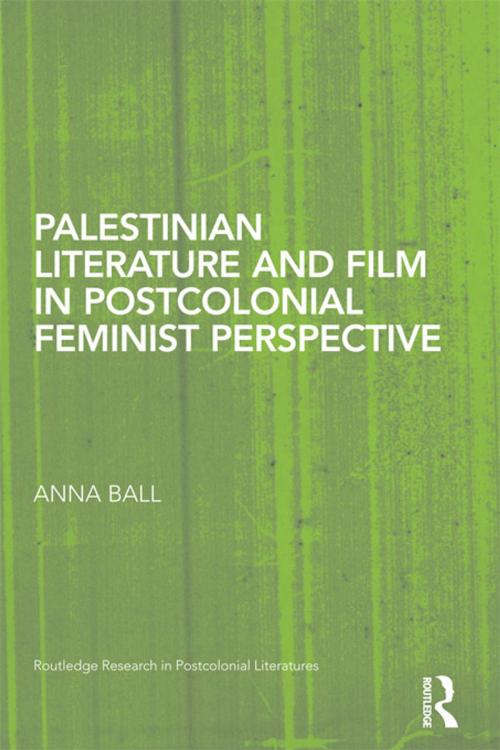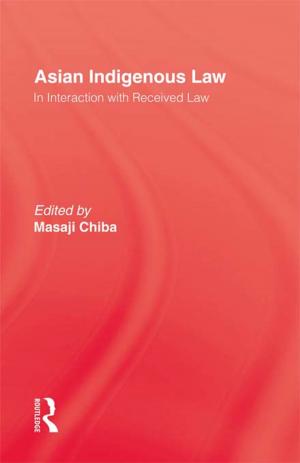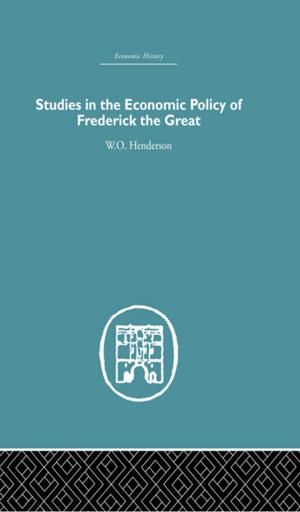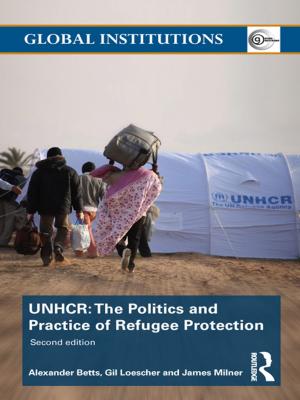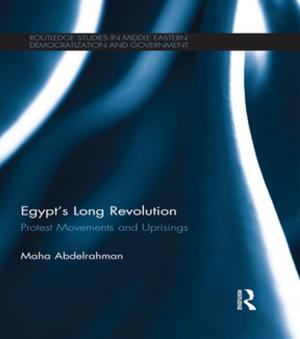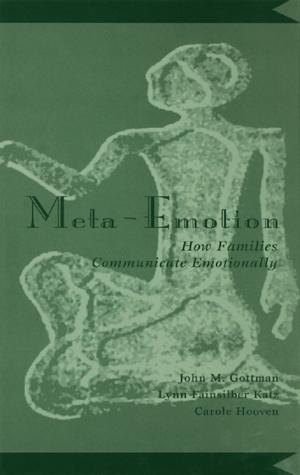Palestinian Literature and Film in Postcolonial Feminist Perspective
Fiction & Literature, Literary Theory & Criticism, Asian, Middle Eastern, Feminist Criticism| Author: | Anna Ball | ISBN: | 9781136228148 |
| Publisher: | Taylor and Francis | Publication: | November 27, 2012 |
| Imprint: | Routledge | Language: | English |
| Author: | Anna Ball |
| ISBN: | 9781136228148 |
| Publisher: | Taylor and Francis |
| Publication: | November 27, 2012 |
| Imprint: | Routledge |
| Language: | English |
Palestinian Literature and Film in Postcolonial Feminist Perspective is the first sustained study of gender-consciousness in the Palestinian creative imagination. Drawing on concepts from postcolonial feminist theory, Ball analyses a range of literary and filmic works by major creative practitioners including Michel Khleifi , Liana Badr, Annemarie Jacir, Elia Suleiman, Mona Hatoum and Suheir Hammad, and reveals a hitherto unrecognized trajectory in gender-consciousness under development in the Palestinian imagination from the start of the twentieth century. The book explores how these works resonate with questions of power, identity, nation, resistance, and self-representation in the Palestinian imagination more broadly, and asks how these gender-conscious narratives transform our understanding of Palestine's struggle for postcoloniality. Working at the cusp of postcolonial, feminist and cultural enquiry, Ball seeks to open up vital new directions in the interdisciplinary study of Palestine.
Palestinian Literature and Film in Postcolonial Feminist Perspective is the first sustained study of gender-consciousness in the Palestinian creative imagination. Drawing on concepts from postcolonial feminist theory, Ball analyses a range of literary and filmic works by major creative practitioners including Michel Khleifi , Liana Badr, Annemarie Jacir, Elia Suleiman, Mona Hatoum and Suheir Hammad, and reveals a hitherto unrecognized trajectory in gender-consciousness under development in the Palestinian imagination from the start of the twentieth century. The book explores how these works resonate with questions of power, identity, nation, resistance, and self-representation in the Palestinian imagination more broadly, and asks how these gender-conscious narratives transform our understanding of Palestine's struggle for postcoloniality. Working at the cusp of postcolonial, feminist and cultural enquiry, Ball seeks to open up vital new directions in the interdisciplinary study of Palestine.
